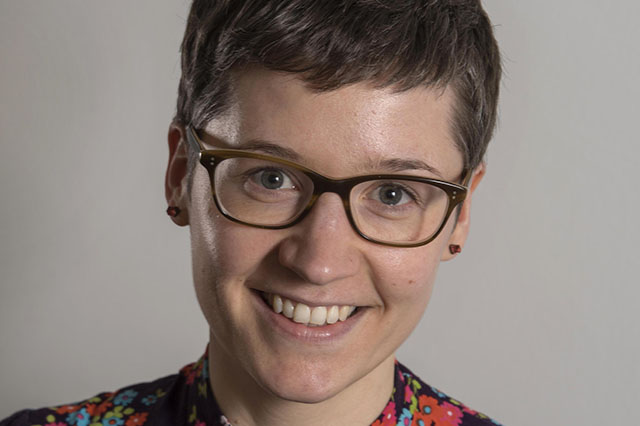
www.buildingsandcities.org/about/faye-wade.html
Dr Faye Wade

Dr Faye Wade is a ClimateXChange Postdoctoral Research Fellow at the University of Edinburgh. Her research applies social science to understand the policy makers, public and private sector organisations, and building professionals responsible for creating a more sustainable built environment.
Faye is particularly interested in the role of research for informing policy and industry practices. Her current project is an evaluation of the organisation and delivery of the Energy Efficient Scotland programme. This is the Scottish Government's flagship scheme for retrofitting buildings across all sectors in Scotland.
Faye's other research has focussed on transformative digital technologies for changing construction practices, and the role of heating engineers and the heating industry in shaping domestic energy consumption.
Latest Commentaries
COP30 Report
Matti Kuittinen (Aalto University) reflects on his experience of attending the 2025 UN Conference of the Parties in Belém, Brazil. The roadmaps and commitments failed to deliver the objectives of the 2025 Paris Agreement. However, 2 countries - Japan and Senegal - announced they are creating roadmaps to decarbonise their buildings. An international group of government ministers put housing on the agenda - specifying the need for reduced carbon and energy use along with affordability, quality and climate resilience.
Building-Related Research: New Context, New Challenges
Raymond J. Cole (University of British Columbia) reflects on the key challenges raised in the 34 commissioned essays for Buildings & Cities 5th anniversary. Not only are key research issues identified, but the consequences of changing contexts for conducting research and tailoring its influence on society are highlighted as key areas of action.